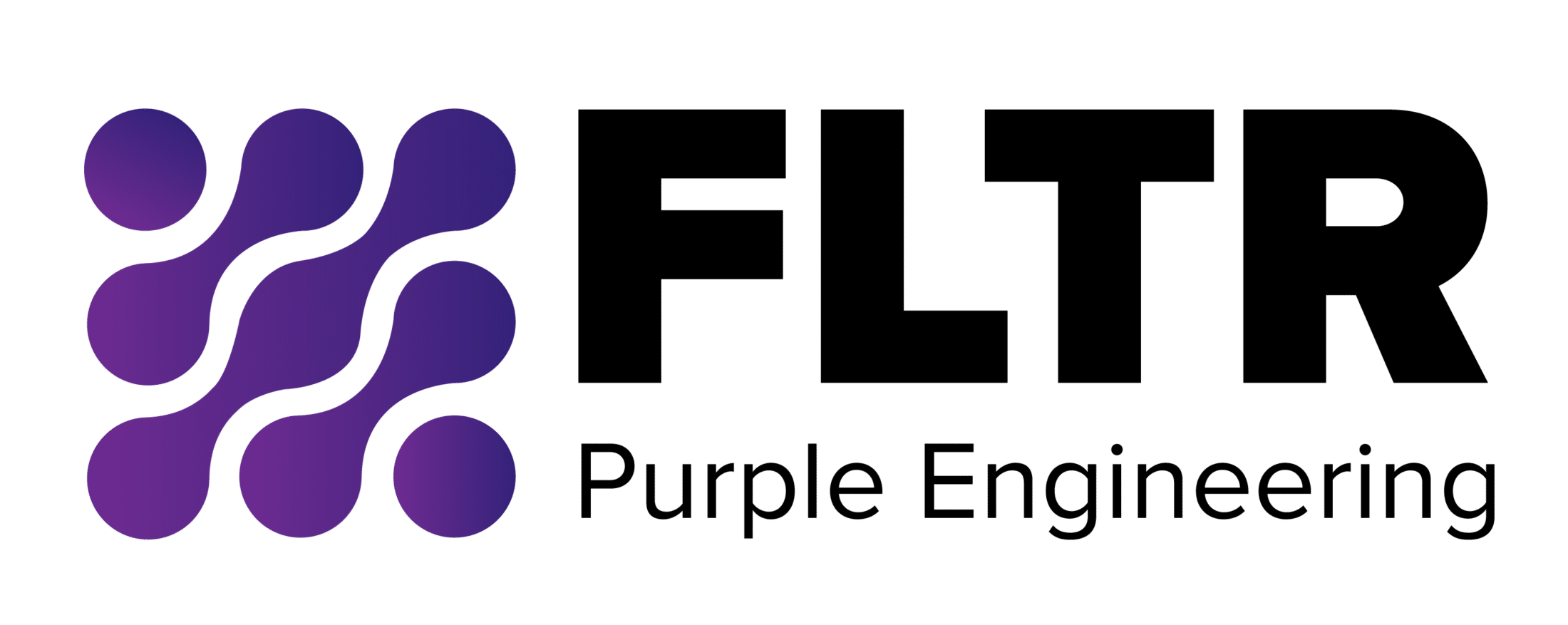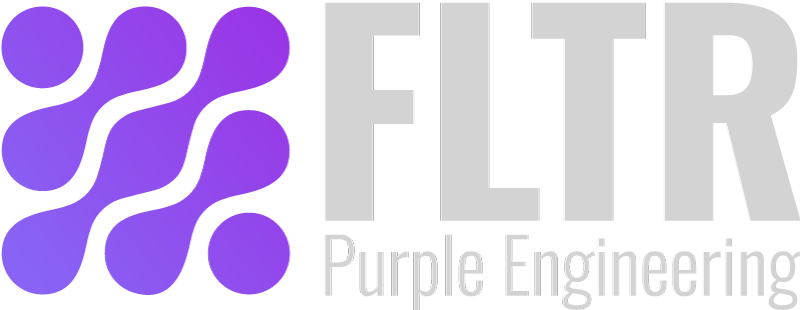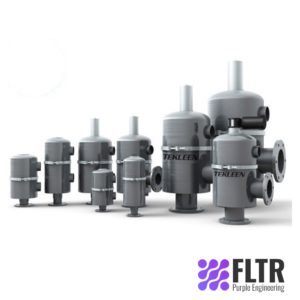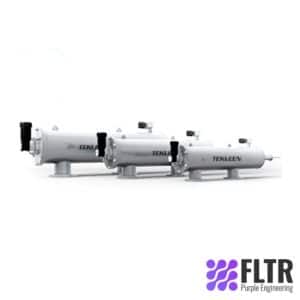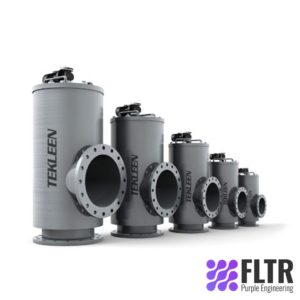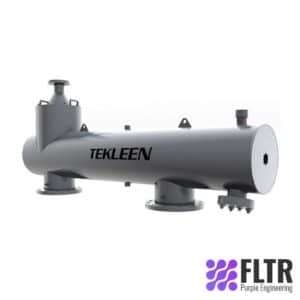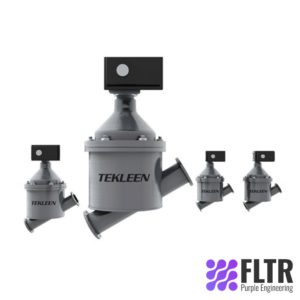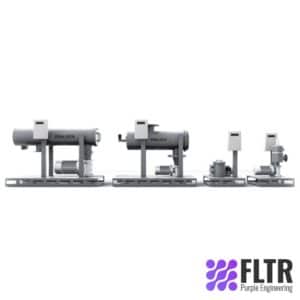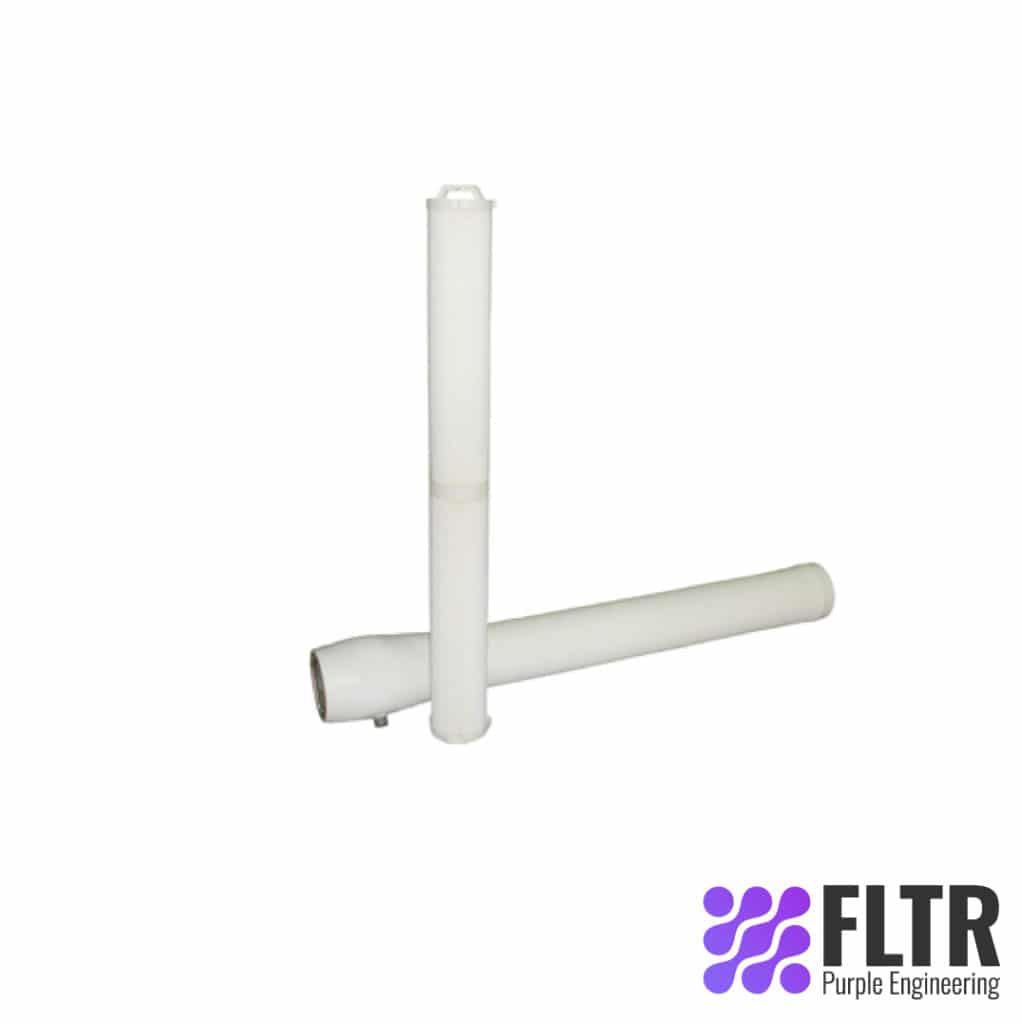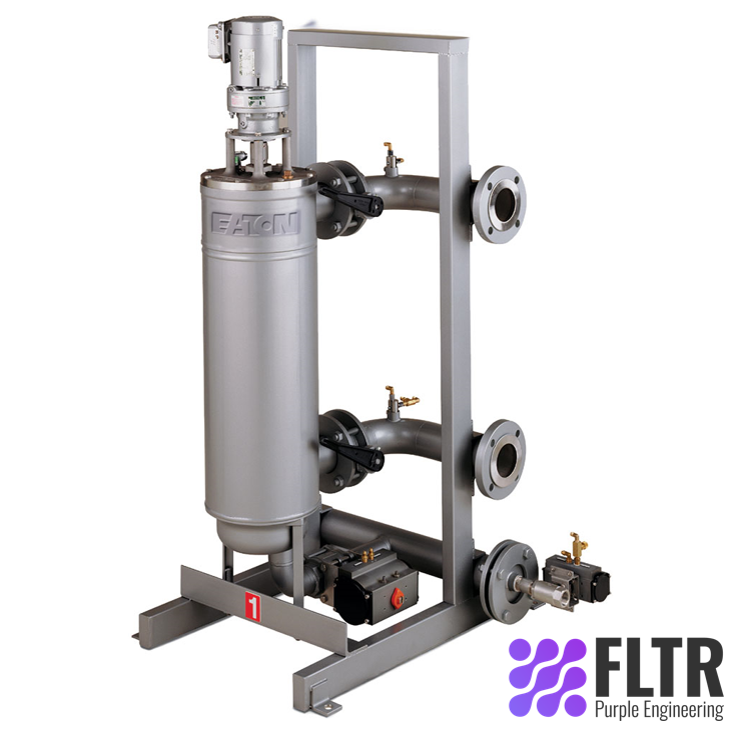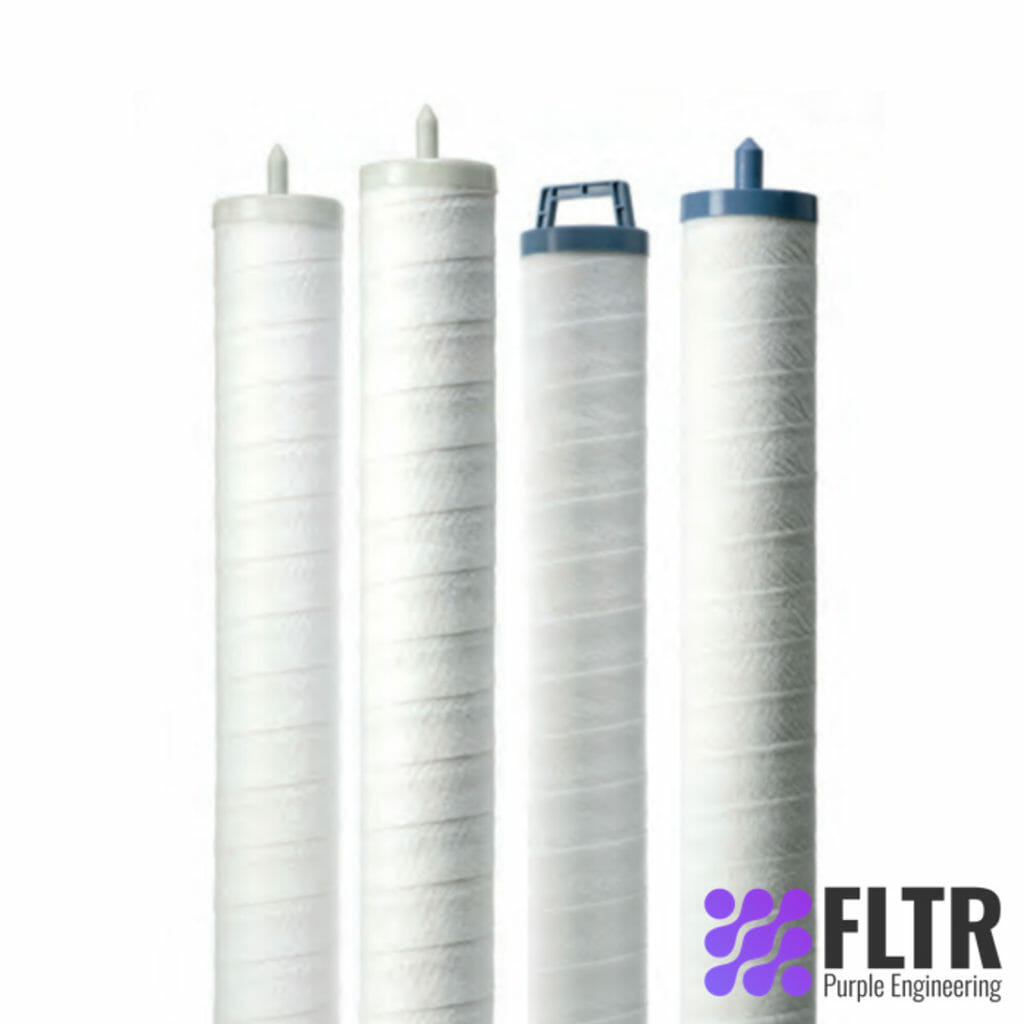Self Cleaning Filters vs. Traditional Filters – Which One Is Right for You?
Introduction
Effective filtration is crucial for maintaining the efficiency & longevity of various systems, from industrial processes to home water supply. Self-cleaning filters & traditional filters are two common options, each with its unique advantages and drawbacks. This article will compare self-cleaning filters & traditional filters, highlighting the factors to consider when choosing the best option for your needs.
Traditional Filters: Pros and Cons
Traditional filters, including cartridge filters and bag filters, are popular choices for many applications. Here’s a look at their key advantages and disadvantages:
Pros:
Lower upfront cost: Traditional filters are generally more affordable than self-cleaning filters.
Simplicity: With fewer moving parts, traditional filters are easier to understand and maintain.
Cons:
Frequent maintenance: Traditional filters require regular manual cleaning or replacement, leading to higher labour costs and downtime.
Reduced efficiency: As debris accumulates, traditional filters can experience decreased flow rates and increased energy consumption.
Self-Cleaning Filters: Pros and Cons
Self-cleaning filters, like those offered by Tekleen, are designed to automatically clean themselves through backwashing. Let’s explore their benefits and drawbacks:
Pros:
Lower maintenance: Automatic backwash filters require less frequent manual intervention, saving time and labour costs.
Consistent performance: Self-cleaning filters maintain optimal flow rates and energy efficiency, thanks to their automatic cleaning mechanisms.
Extended filter life: Regular backwashing prevents excessive buildup, prolonging the lifespan of the filter screen.
Cons:
Higher upfront cost: Self-cleaning filters typically have a higher initial cost than traditional filters.
Complexity: With more moving parts and automated systems, self-cleaning filters can be more complicated to maintain and troubleshoot.
Factors to Consider When Choosing a Filter
When selecting the best filter for your needs, consider the following factors:
- Budget: Assess your available budget & weigh the short-term and long-term costs of each option.
- Maintenance requirements: Determine your maintenance capabilities & preferences, taking into account factors such as labour costs, downtime & expertise
- Filtration needs: Evaluate the specific filtration requirements of your application, including flow rate, filtration level & particle size.
- Space constraints: Consider the available space in your facility to choose a filter with an appropriate footprint.
Tekleen’s Self-Cleaning Filter Solutions
Tekleen offers a comprehensive range of self-cleaning filters for various applications. including,
- ABW Series: specifically tailored to meet diverse industrial needs, are ASME certified and suitable for sea water, high temperature, and high pressure applications. Equipped with Stainless Steel screens, these filters can be arranged in parallel for unrestricted flow capacities. The filter bodies, available in stainless steel or carbon steel with baked-on epoxy coating, ensure a clean filter pressure drop of less than 1psi at the filter’s rated flow, even with a 100µ screen.
- MTF Series: These fully automatic, self-cleaning water filtration systems are expertly designed for low-flow applications. Capable of handling flow rates ranging from 10 to 20,000 gallons per minute and equipped to accommodate screens as small as 10µ, the MTF filters are impressively efficient. They use minimal water for rinsing, thereby maintaining an uninterrupted main flow. Built to withstand pressures of up to 150 psi and temperatures reaching 210°F, these filters feature a robust 316L stainless steel body, ensuring their versatility across a wide variety of industrial and irrigation applications.
- LPF Series: Fully automatic, self-cleaning water filters, the Low Pressure Filter (LPF) Series, operates effectively at pressures as low as 15 psi. These filters, designed and manufactured according to ANSI and ASME standards, are available in various industrial configurations with an option for an ASME U stamp. Sizes range from 2″ to 36″, flow rates from 100 to 20,000 gpm, and screen mesh from 10µ to 3,000µ. Offered in stainless steel, super duplex, and titanium, these filters ensure a clean filter pressure drop of less than 1 psi at the rated flow with a 100µ screen.
- CSB Series: The Tekleen Coarse Screen Brush (CSB) Filters are designed to effectively filter contaminants from open water sources, such as algae, clams, zebra mussels, fish, and leaves, making them ideal for incoming plant water. Despite their compact size, these filters offer a high flow capacity. Available with wedge-wire, mesh, or perforated screens ranging from 1/16″ to 1/4″, the CSB filters ensure efficient cleaning cycles, initiated by differential pressure or a timer, that clean the entire screen without disrupting the main flow.
- CSF-ABW Series: New line of high-quality, two-stage, fully automatic self-cleaning water filtration systems housed in a single filtration vessel. The first stage involves a coarse screen flushing filter with a 1/8” – 1/2” slotted screen, designed for rapid, comprehensive self-cleaning. The second stage is a fine filter with a screen as precise as 75µ. These new two-stage fully automatic filters provide direct filtration to a variety of dirty water sources, such as river water, lake water, wastewater, dirty cooling water, irrigation ditch water, and more.
- CSF Series: The Course Screen Flush (CSF) series by Tekleen offers automatic self-cleaning water filters, ideal for applications not demanding fine filtration. These filters come with either wedge wire or perforated SST, and cleaning is efficiently executed via a blow-off mechanism, activated by differential pressure, a timer, or manually, and only for a very short duration.
- Skid Series: The Skid Series from Tekleen offers compact, turnkey solutions for diverse filtration needs. These easily transportable skids can be moved to any location via a forklift. Despite their light weight and small size, they provide a broad flow range from 10 to 1,300 gpm and a filtration scope from 10µ to 2,000µ. Equipped with SST centrifugal pumps ranging from 3 to 50 h/p and compatible with any voltage, these skids boast a standard 100% SST construction, all at a highly competitive price.
These solutions provide an excellent alternative to traditional filters, delivering reliable performance with lower maintenance requirements.
Making the Switch
Transitioning from Traditional to Self-Cleaning Filters
If you decide to switch from traditional filters to self-cleaning filters, follow these tips for a smooth transition:
- Assess your current filtration system & identify potential compatibility issues or adjustments needed.
- Consult with us to ensure proper sizing and configuration for your application.
- Train your team in the installation, operation, and maintenance of the self-cleaning filter to ensure optimal performance.
- Monitor the filter performance and make adjustments as needed to achieve the desired efficiency and effectiveness.
Customer Testimonials
Experiences with Tekleen’s Self-Cleaning Filters
Tekleen’s self-cleaning filters have been well-received by customers across various industries. Here are some examples of their experiences:
- Food and beverage: A large brewery reported a significant reduction in water usage and maintenance costs after installing Tekleen’s self-cleaning filters in their production process.
- Manufacturing: A metal processing plant experienced improved filtration efficiency and reduced downtime after implementing Tekleen’s self-cleaning filters to protect their equipment from particulate contamination.
- HVAC systems: A commercial building owner found that Tekleen’s self-cleaning filters helped maintain consistent water quality in their cooling towers, reducing energy consumption and minimizing the risk of equipment failure.
These testimonials demonstrate the value of investing in self-cleaning filters, particularly for applications that require consistent, low-maintenance filtration.
Conclusion
When choosing between self-cleaning filters & traditional filters, it is essential to consider factors such as budget, maintenance requirements, filtration needs & space constraints. While traditional filters offer lower upfront costs & simplicity, self-cleaning filters, like those provided by Tekleen, deliver reliable performance with less maintenance & more consistent efficiency.
By assessing your specific needs and weighing the pros and cons of each option, you can make an informed decision about the best filtration solution for your application. If you decide to switch from traditional filters to self-cleaning filters, following a systematic transition plan and consulting with experts will help ensure a smooth and successful implementation.
Enter Keyword or Part Number
Then press enter for search results
